Meal planning
Planning out at least a few meals each week is a great way to ensure you eat healthy meals. It also prevents you from over-buying food because you feel like you need to prepare for anything.
Coordinate your meals so you don't use completely different ingredients for every recipe. For example, plan to have broccoli on Monday and casserole on Tuesday.
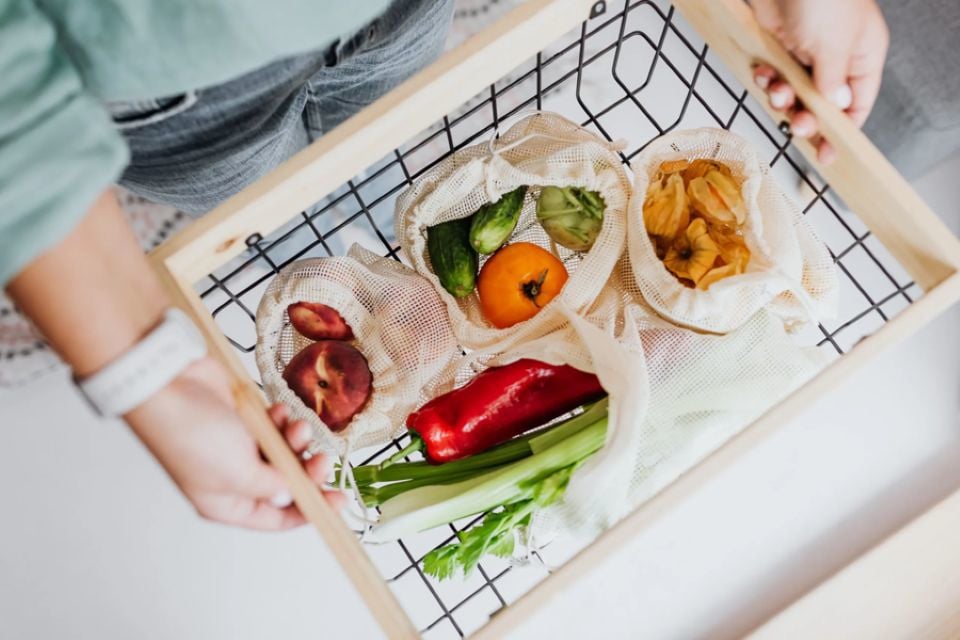
Store food properly
In the pantry or refrigerator, place previously purchased produce on the outside and new produce on the inside. Store cut produce in airtight containers and keep it fresh in the refrigerator. Make sure the packaging is airtight to keep out insects.
There is a big difference between “best before” and “use by” dates. Food past its “best before” date is sometimes still edible, but food past its expiration date is no longer suitable.
Check food labels for unhealthy ingredients like trans fats and preservatives, and avoid foods with added sugar or salt.
Save and eat leftovers safely
If you don't think you'll be able to eat leftovers within three days, store them in the freezer and label them. Keep your freezer organized so food doesn't get lost and then thrown out because there's no room.
Reuse food scraps
Food scraps don't have to be thrown away, they can be composted. This tip returns nutrients to the soil and reduces carbon emissions.
Track expiration date
Expiration dates are related to food safety. Check what's in your fridge and the dates regularly.
Eat food close to its expiration date or freeze food before it expires.
Buy in bulk
You can buy some foods in bulk at lower prices, making it easy to eat healthy on a budget.
Products with long shelf lives like grains, nuts, seeds, and dried beans are especially great foods to stock up on and buy in bulk.
Source: https://kinhtedothi.vn/meo-hay-giup-giam-lang-phi-thuc-pham-tiet-kiem-chi-tieu.html



![[Photo] Closing of the 11th Conference of the 13th Central Committee of the Communist Party of Vietnam](https://vstatic.vietnam.vn/vietnam/resource/IMAGE/2025/4/12/114b57fe6e9b4814a5ddfacf6dfe5b7f)


![[Photo] Overcoming all difficulties, speeding up construction progress of Hoa Binh Hydropower Plant Expansion Project](https://vstatic.vietnam.vn/vietnam/resource/IMAGE/2025/4/12/bff04b551e98484c84d74c8faa3526e0)

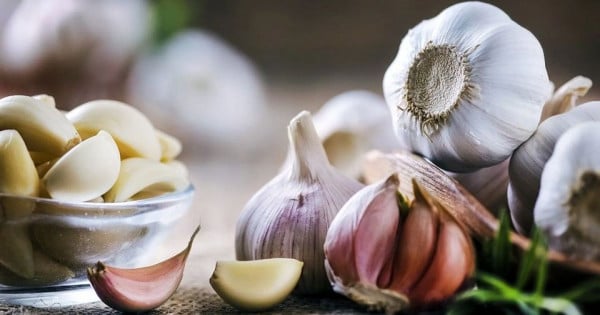
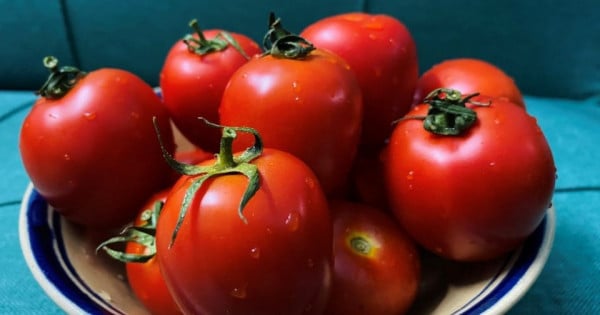



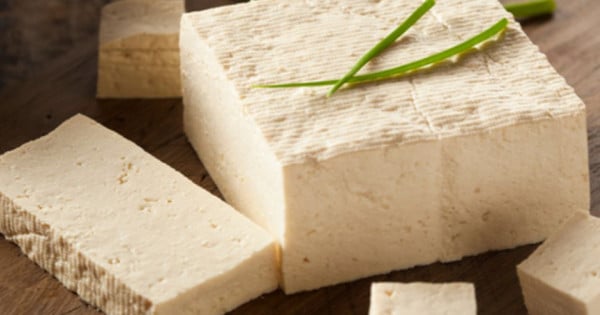
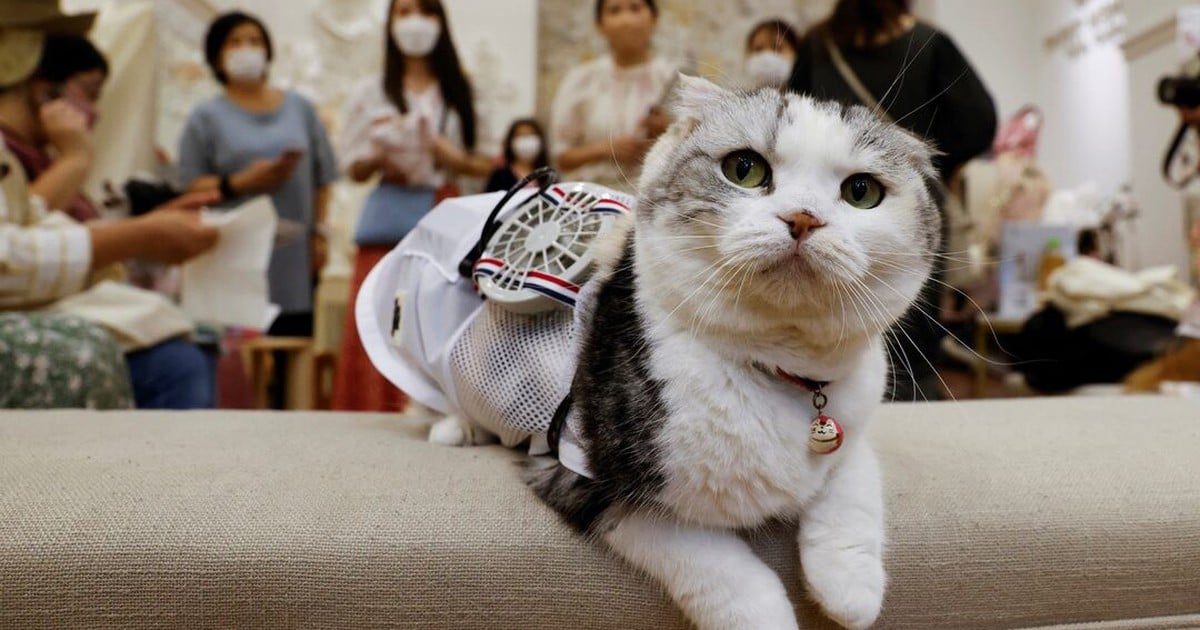

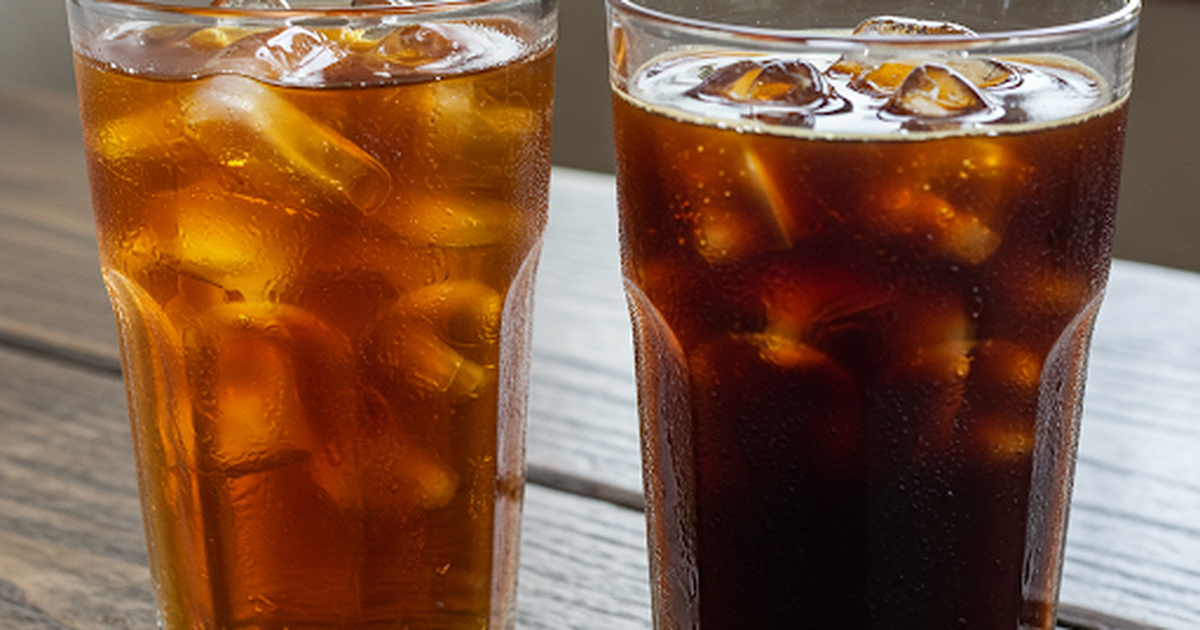


























































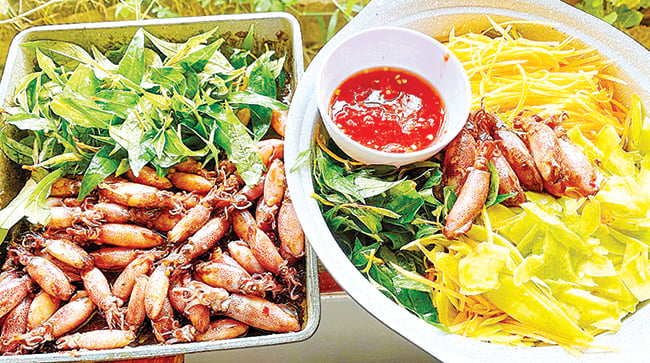



















Comment (0)